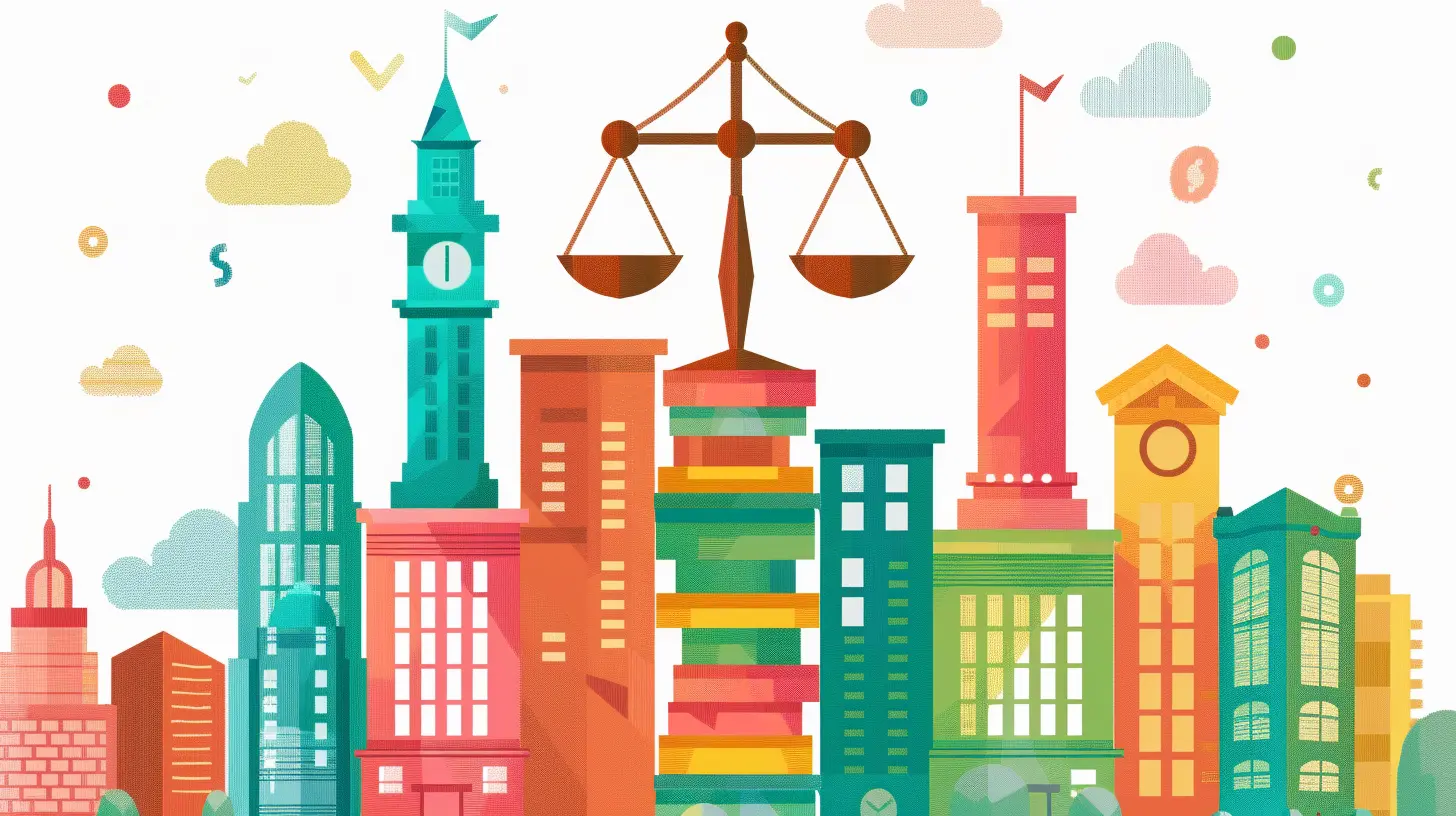The Role of Financial Literacy in Narrowing Economic Inequality
14 November 2025
Money makes the world go round, right? But what if I told you that not everyone gets a fair shot at understanding how to make money work for them? That’s where financial literacy comes in. It’s more than just knowing how to save or invest—it’s about having the knowledge to make informed financial decisions that can impact your entire life.
Now, economic inequality is a big issue. The gap between the rich and the poor seems to be growing wider every day. But what if financial literacy could help close that gap? Could understanding money be the game-changer we need? In this article, we’ll dive deep into the role of financial literacy in narrowing economic inequality and why it matters more than ever.

What is Financial Literacy?
Before we get ahead of ourselves, let’s break down what financial literacy actually means. Simply put, financial literacy is the ability to understand and use financial skills effectively. This includes budgeting, saving, investing, and managing debt.Think about it—if you don’t know how to manage your money, you’re more likely to fall into financial traps. High-interest loans, mounting credit card debt, living paycheck to paycheck… sound familiar? Financial literacy empowers individuals to make smart choices, avoid financial pitfalls, and build a stable future.

The Link Between Financial Literacy and Economic Inequality
Economic inequality isn’t just about income disparities; it’s deeply rooted in financial education. Here’s how financial literacy plays a crucial role in reducing the wealth gap:1. Better Money Management Equals Less Debt
Many people struggle with debt simply because they don’t understand how it works. Credit cards, student loans, and payday loans can trap individuals in cycles of debt that are tough to escape. Financial literacy teaches people how to borrow responsibly, manage interest rates, and pay off debt efficiently.When individuals know how to manage debt, they’re less likely to fall into financial distress, which helps reduce income inequality over time.
2. Encouraging Smart Saving and Investing
Ever heard the saying, “It’s not about how much you earn, but how much you keep”? That’s financial literacy in action. Saving and investing are key factors in building long-term wealth.Unfortunately, many low-income individuals don’t have access to financial education, so they miss out on opportunities to grow their money. Teaching financial literacy can help people understand the importance of emergency funds, retirement savings, and investment portfolios—building wealth instead of just surviving paycheck to paycheck.
3. Bridging the Knowledge Gap Between the Rich and Poor
Let’s be honest—wealthy families often pass down financial knowledge along with their money. They teach their kids the value of investing, the power of compounding interest, and how to leverage assets. On the other hand, lower-income families may not have the same knowledge to share.By introducing financial literacy at a young age, we can help level the playing field. Schools, communities, and governments must work together to provide financial education to everyone, regardless of their background.
4. Empowering Entrepreneurship and Economic Growth
Financial literacy doesn’t just help individuals—it boosts the entire economy. When people understand personal finance, they’re more likely to start businesses, invest in new ventures, and contribute to economic growth.Imagine someone with a great business idea but no knowledge of how to handle money. Without financial literacy, they might struggle with pricing, budgeting, or securing funding. But with the right knowledge, they can turn their idea into a profitable business that creates jobs and boosts the economy.

Barriers to Financial Literacy
If financial literacy is so important, why isn’t everyone financially literate? A few key barriers stand in the way:- Lack of Education in Schools – Many schools don’t teach personal finance, leaving young adults unprepared for real-world financial decisions.
- Misinformation and Scams – Without proper knowledge, people are more vulnerable to financial scams and get-rich-quick schemes.
- Cultural and Socioeconomic Factors – In some communities, talking about money is taboo, making it difficult for individuals to seek financial advice.
- Limited Access to Financial Services – Low-income individuals often lack access to banks, credit, and investment opportunities that could help them grow their wealth.

How Can We Improve Financial Literacy?
The good news? We can change this. Here’s how individuals, governments, and organizations can promote financial literacy:1. Integrating Financial Education into Schools
Making financial literacy a mandatory part of school curriculums can equip students with essential money management skills from a young age.2. Community-Based Financial Programs
Workshops, seminars, and online resources can help educate adults who missed out on financial education earlier in life.3. Government and Policy Support
Governments can create policies that encourage financial education, such as offering free financial counseling programs or incentives for organizations that promote financial literacy.4. Leveraging Technology
Financial apps, online courses, and social media platforms can bring financial education to the masses. Think about how accessible financial advice is through blogs, YouTube, and even TikTok!Final Thoughts
Financial literacy has the power to transform lives. It’s not just about making smart money decisions—it’s about breaking the cycle of poverty, creating opportunities, and reducing economic inequality.By making financial education a priority, we can help people build better futures, regardless of their background or income level. After all, knowledge is power, and when it comes to money, that power can change the world.
all images in this post were generated using AI tools
Category:
Income InequalityAuthor:

Zavier Larsen
Discussion
rate this article
1 comments
Grace Pacheco
This article beautifully emphasizes the crucial link between financial literacy and economic equality. Empowering individuals with knowledge not only fosters personal growth but also builds stronger communities. Together, we can bridge the gap and create a more equitable future.
November 15, 2025 at 12:54 PM

Zavier Larsen
Thank you for your insightful comment! I completely agree—financial literacy is a powerful tool for fostering both personal and communal growth. Together, we can make a significant impact!


